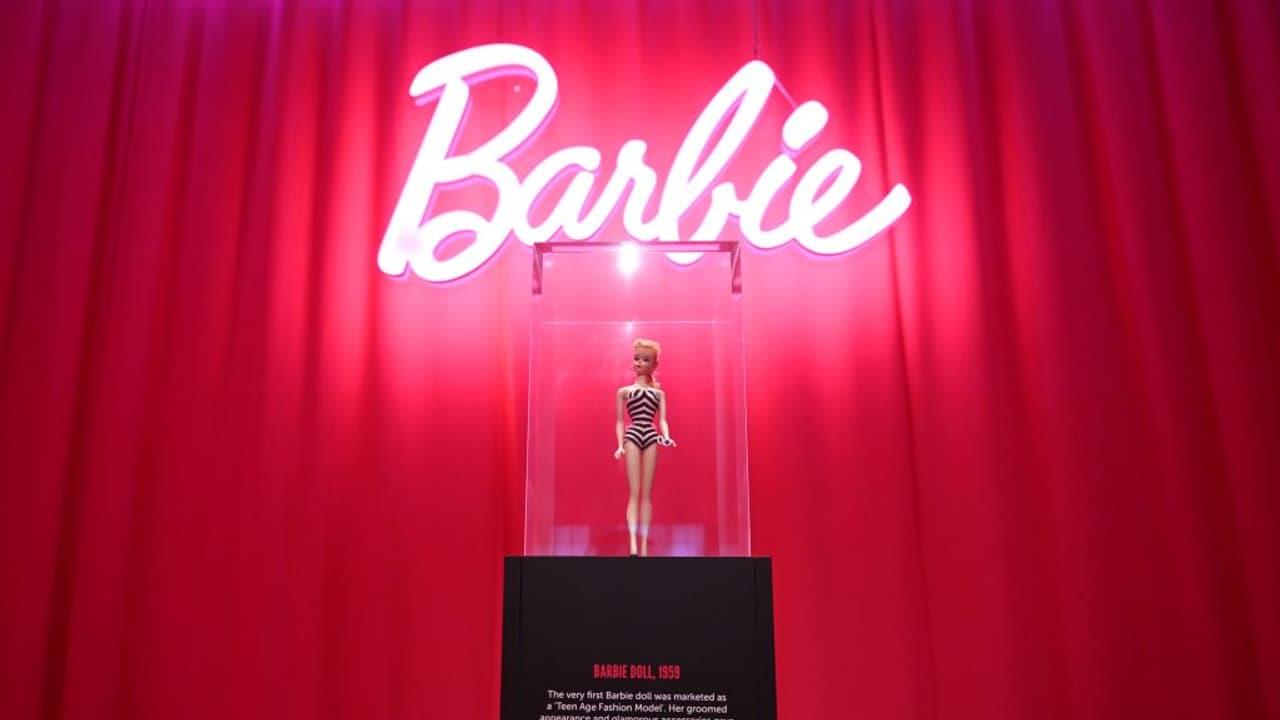Barbie Trademark Protected: Delhi HC Restrains Hospitality Firms From Unauthorised Use
New Delhi: The Delhi High Court has granted relief to toy manufacturer Mattel Inc by blocking the unauthorized commercial use of its iconic "Barbie" trademark in the hospitality and food service sectors. Justice Manmeet Pritam Singh Arora issued an order preventing the use of "Barbie" branding for commercial kitchen equipment, event management, and catering businesses. Justice Manmeet Pritam Singh Arora issued the restraining order preventing Padum Borah from employing various iterations of the Barbie trademark, including Barbie One Stop Solution For Horeca & Foods Processing, Barbie Enterprises, Barbie Hospitality, Barbie Catering, and Barbie Kitchen Mart, along with any similar variations that could be confused with Mattel's protected brand. The ruling also mandated the removal of all social media presence associated with these contested marks across platforms such as Facebook, Instagram, and LinkedIn.
'Barbie Trademark Dates Back to 1959'
The court granted temporary injunctive relief to Mattel in response to their trademark violation lawsuit. Mattel's legal team presented evidence that the Barbie trademark dates back to 1959, when the company launched its iconic doll named after Ruth Handler's daughter Barbara, who co-founded the company. According to the complaint, Mattel discovered Borah's unauthorized use of their trademark in August of the previous year and learned he had submitted an application to register the mark officially.
In documents filed with the Trademark Registry, Borah argued that his usage of "Barbie" combined with additional terms was sufficiently unique and wouldn't create marketplace confusion, while simultaneously acknowledging Barbie's status as a widely recognized brand. Borah failed to appear in court despite proper notification and neglected to respond to Mattel's formal demand to cease using the trademark. After reviewing the case materials, the court determined that Mattel holds legitimate registration for the Barbie trademark, has maintained continuous use since 1959, and that the term represents an invented word with no prior meaning. The court observed that Barbie served as the primary element in Borah's contested marks, which bore striking visual similarity to Mattel's protected trademark. The judgment emphasized that Barbie functioned as the leading component and demonstrated visual, auditory, and conceptual equivalence to Mattel's established marks. The court found Borah's adoption of this renowned trademark lacked legitimate justification, concluding that he deliberately chose the famous mark to generate initial consumer interest and attract customer attention to his products and services.
Legal Disclaimer:
MENAFN provides the
information “as is” without warranty of any kind. We do not accept
any responsibility or liability for the accuracy, content, images,
videos, licenses, completeness, legality, or reliability of the information
contained in this article. If you have any complaints or copyright
issues related to this article, kindly contact the provider above.
Most popular stories
Market Research

- Alt.Town Introduces $TOWN Token Utility Across Platform Services And Launches Valuefi Deposit Event
- BTCC Exchange Maintains 143% Total Reserve Ratio In September 2025 Demonstrating Continued Financial Strength
- Salvium Solves The Privacy Paradox: Salvium One Delivers Mica-Compliant Privacy That Exchanges Can List
- Zebu Live 2025 Welcomes Coinbase, Solana, And Other Leaders Together For UK's Biggest Web3 Summit
- Tapbit At TOKEN2049: Reshaping The Crypto Landscape Through Product Innovation
- Thrivestate Launches“Fly Before You Buy” Program, Enabling International Buyers To Explore Dubai Before Committing






















Comments
No comment